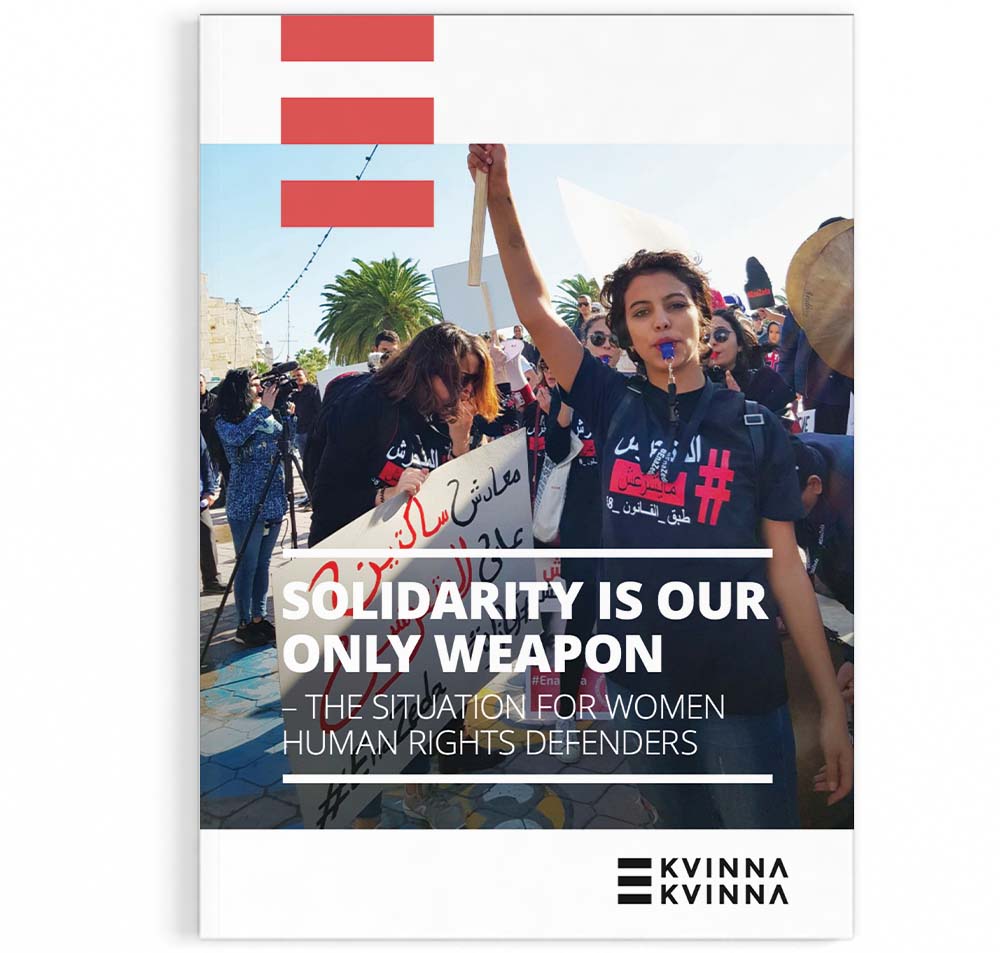The study is based on a comprehensive literature review, the survey responses from 334 WHRD and journalists in 74 countries and 5 continents (Latin America, North America, South Asia, Europe, Middle East and North Africa (MENA) and sub-Saharan Africa) and in depth-interviews with 15 women’s rights activists.
One thing that became evident from the results was that threats, hatred and even physical harassment seem to have become normalised and seen as part of the job for many activists. The study also shows that many WHRD are more careful about what they say and how they communicate today as they there are many forces trying to silence them.
The results indicate that the main perpetrators behind silencing the women’s movement are anti-gender movements, authoritarian governments, patriarchal religious structures, community leaders, nationalists, and alt-rights. The report also concludes that the issue that poses the most risk for WHRD’s to work on is corruption.
“The one weapon we have is solidarity among each other. We don’t need to think the same to be in solidarity, nor do we need to agree on everything (…). Just one word of support can make change happen.”
—Syrian women human rights defender
